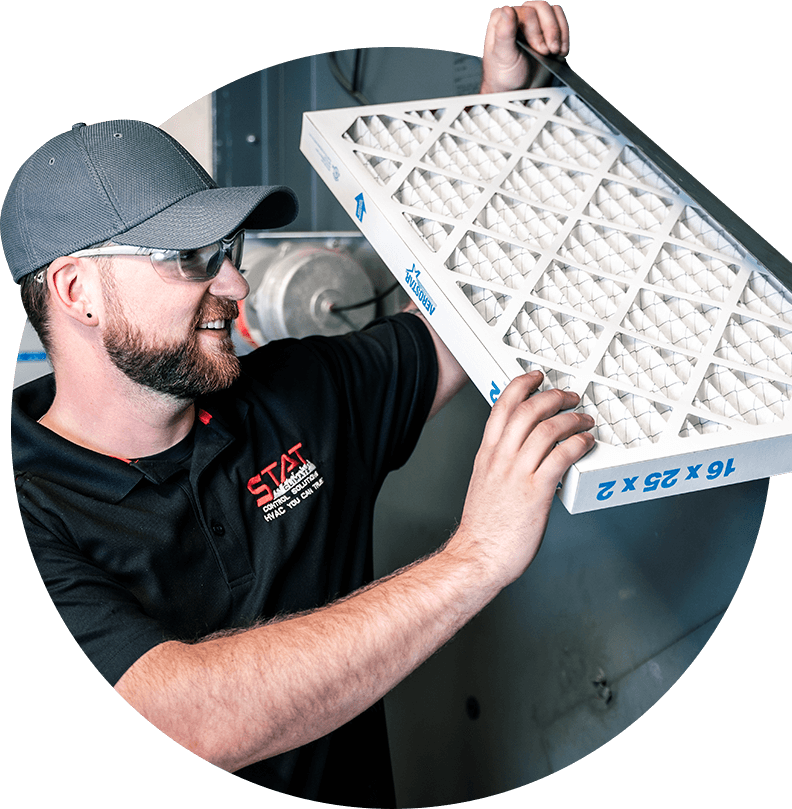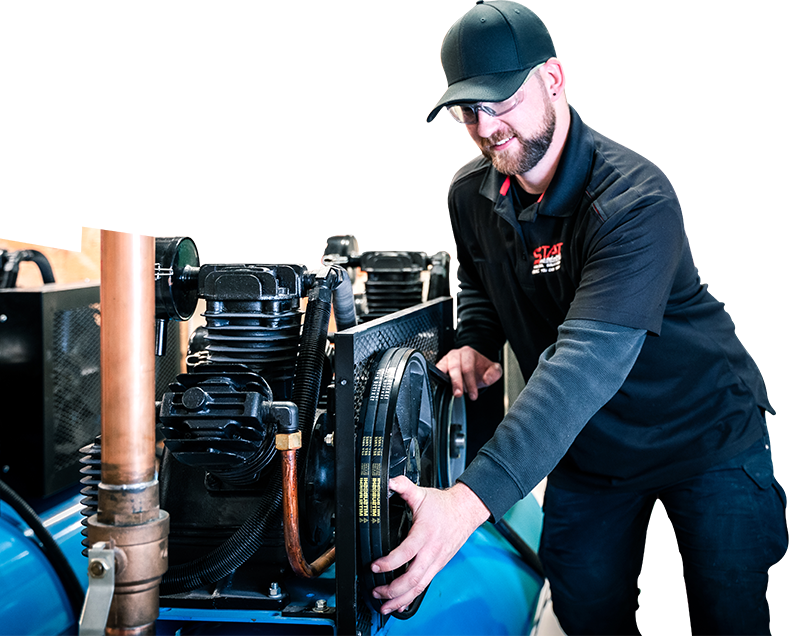HVAC Furnace Filters
Calgary
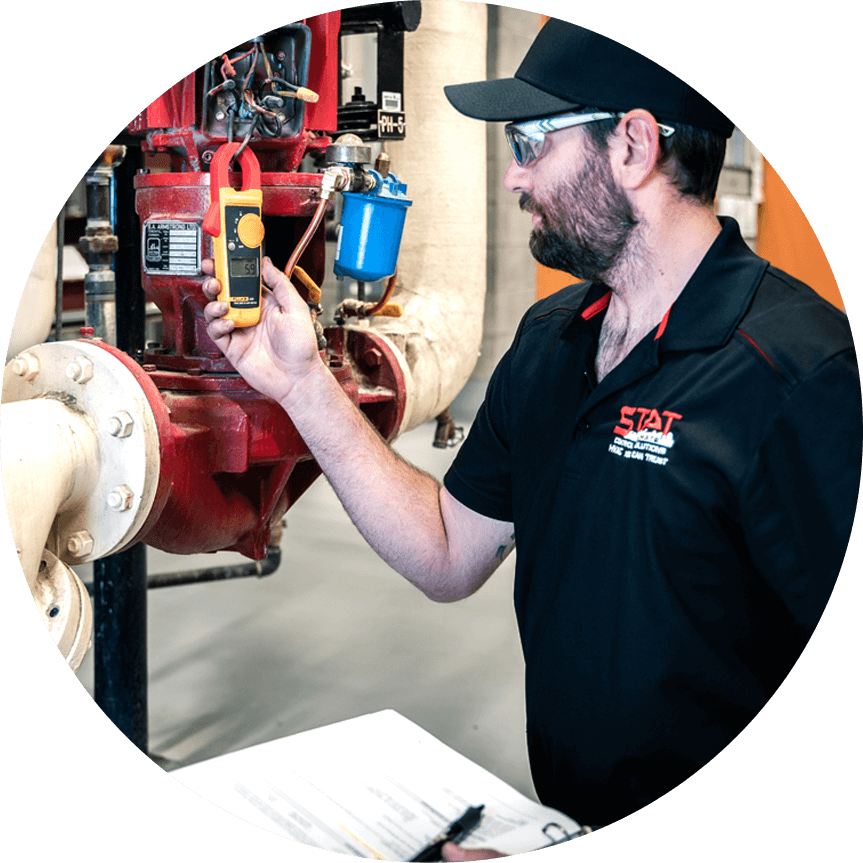
A filter with a low Minimum Efficiency Reporting Value (also known as MERV) can capture some of your home’s airborne particulates including:
- dust
- pollen
- animal dander
- allergen particles
- …and more
Besides creating improved indoor air quality an air filter will also help protect your HVAC equipment by minimizing dust and particulates building up on fan motors as well as heating and cooling coils.
Routinely replacing the air filter as directed by the manufacturer’s guidelines can protect your HVAC equipment and can maintain your equipment’s maximum efficiency. A clogged air filter can increase your HVAC equipment energy consumption.
Understanding MERV Rating
The MERV (Minimum Efficiency Reporting Value) is the value which determines the filtration ability of air filters installed in your HVAC system. The higher the MERV number, the better the filter may be at trapping particulates. This means that fewer particles and airborne contaminants can pass through a high MERV filter to your HVAC equipment.
If the MERV rating if higher, there is a better chance of trapping bacteria, some spores, a significant fraction of cat and dog allergens, and a small portion of dust mite allergens. The EPA suggests that filters with a MERV rating between 7 and 13 can be as nearly as effective as true HEPA filters.
IMPORTANT: Not all HVAC systems have enough fan or motor capacity to accommodate higher efficiency filters.
Talk to us about your filter type before purchasing higher MERV filters. We can also install HEPA (High-Efficiency Particulate Arrestance) filters in your home for improved air quality.

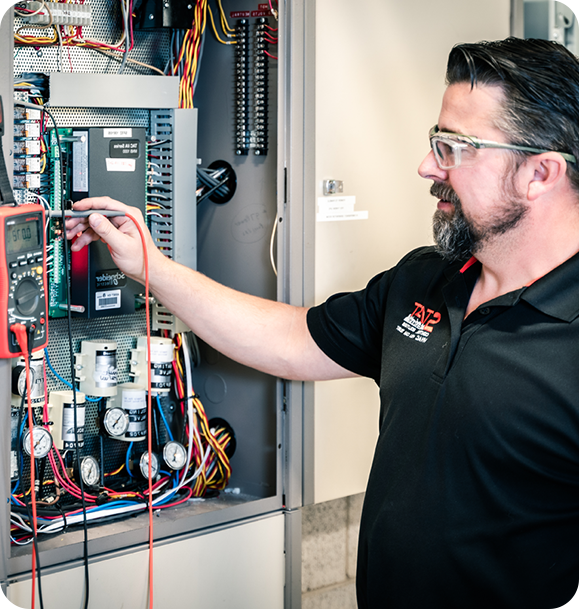
When to Change Your Filter
When it comes to changing the filter in your HVAC system there really isn’t one answer for all. Typically a Merv filter should be replaced every four months to a year. If your furnace uses an older, basic fibreglass filter it should be changed as frequently as every 1 to 2 months.
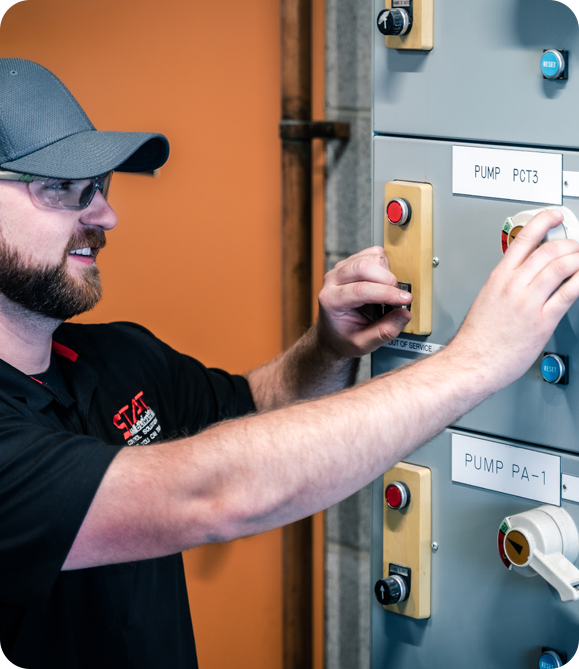
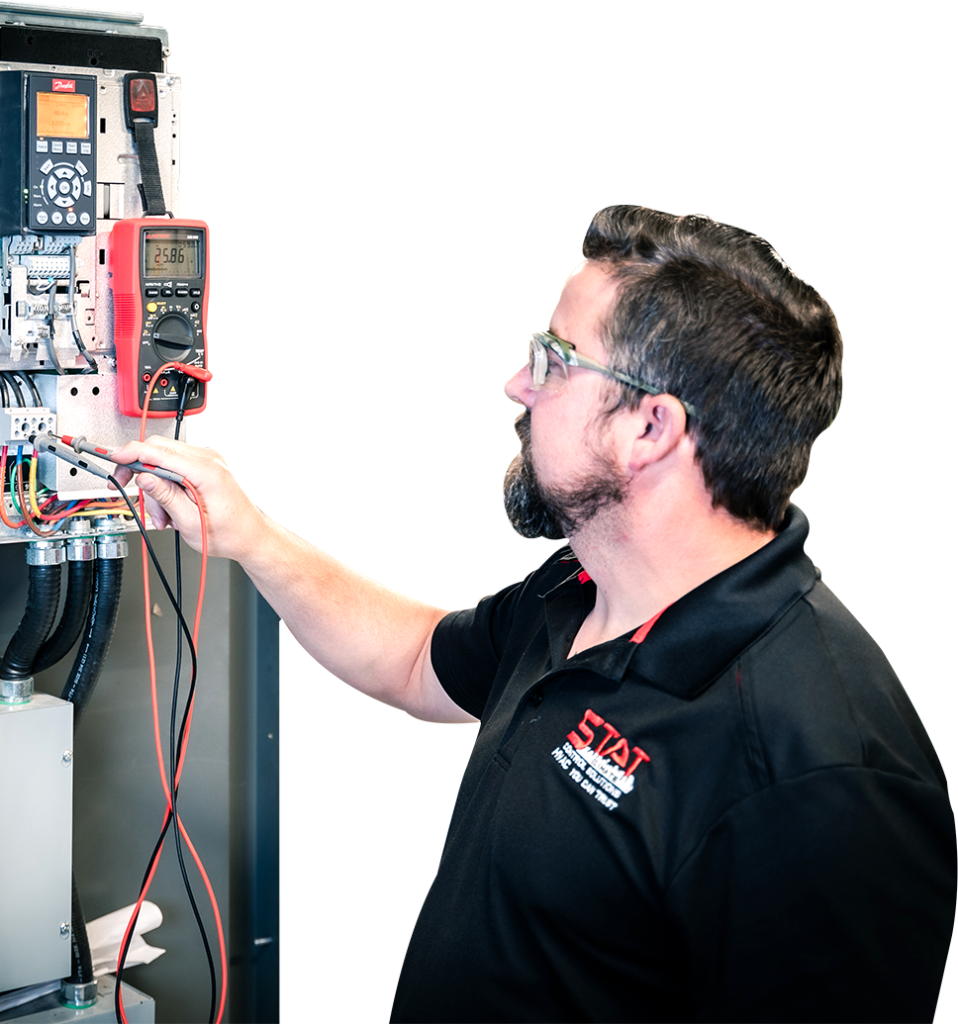
Change More Often
The filter should be changed more often if your home has the following:
- Pets that shed fur
- If there are individuals who smoke in the house
- You notice an excessive buildup of dust in your home or on the HVAC filter
- You open windows in your home when the weather allows
- If your furnace fan is frequently running
Filter Upgrades
Proper Disposal of Filters
